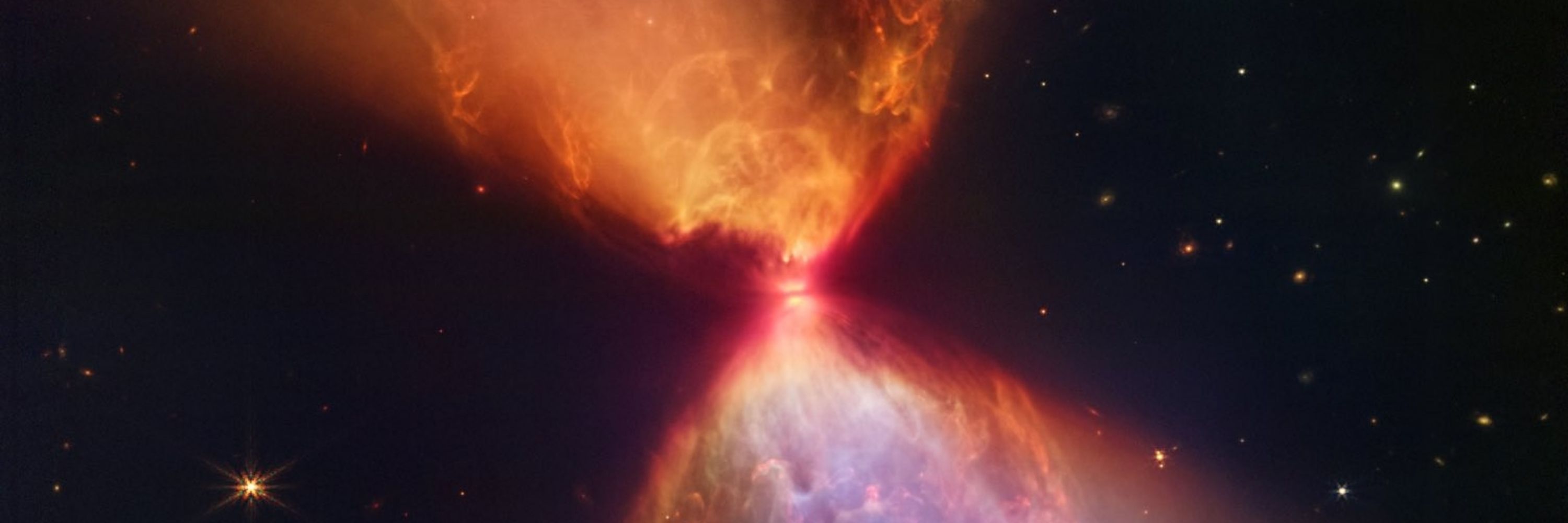
"Discovery happens less when you're trying to be the expert and more when you're trying to be the learner." - Itai Yanai
Website: sharplabbiu.github.io

Worry makes people avoid reusing actions that co-occurred w/ threat!
📄: osf.io/preprints/ps...
🧵 1/12

osf.io/preprints/ps...
osf.io/preprints/ps...
What happens when we assume all individuals' behavior is generated from the same model?
False positives and influence of outliers!
#computationalpsychiatry

What happens when we assume all individuals' behavior is generated from the same model?
False positives and influence of outliers!
#computationalpsychiatry
www.cpconf.org
@robbrutledge.bsky.social @drrickadams.bsky.social @tobiasuhauser.bsky.social @docqhuys.bsky.social @clairegillan.bsky.social Sonia Bishop
More info to come soon!

www.cpconf.org
@robbrutledge.bsky.social @drrickadams.bsky.social @tobiasuhauser.bsky.social @docqhuys.bsky.social @clairegillan.bsky.social Sonia Bishop
More info to come soon!

Humans are imperfect decision-makers, and autonomous systems should understand how we deviate from idealized rationality
Our paper aims to address this! 👀🧠✨
arxiv.org/abs/2510.25951
a 🧵⤵️

Humans are imperfect decision-makers, and autonomous systems should understand how we deviate from idealized rationality
Our paper aims to address this! 👀🧠✨
arxiv.org/abs/2510.25951
a 🧵⤵️
www.physics.harvard.edu/people/facpa...

🔍 Hiring: PhD (75% TV-L) & Postdoc (100% TV-L)
🧠 fMRI, VR, EEG, modelling
We combine a range of cognitive neuroscience methods to study flexible behaviour.
📅 Start: Feb 2026 or later | ⏳ Apply by Nov 3!
More details:
tinyurl.com/ms3a9ajt
#CognitiveNeuroscience
How do people's mental models shape memory, prediction, and generalization? We find that people spontaneously construct goal-dependent causal abstractions that compress experience to privilege relevant information.
📃 osf.io/preprints/ps...
🔗 github.com/cicl-stanfor...

How do people's mental models shape memory, prediction, and generalization? We find that people spontaneously construct goal-dependent causal abstractions that compress experience to privilege relevant information.
📃 osf.io/preprints/ps...
🔗 github.com/cicl-stanfor...
Thrilled to see this article with @ruimata.bsky.social out. We discuss how LLMs can be leveraged to map, clarify, and generate psychological measures and constructs.
Open access article: doi.org/10.1177/0963...

Thrilled to see this article with @ruimata.bsky.social out. We discuss how LLMs can be leveraged to map, clarify, and generate psychological measures and constructs.
Open access article: doi.org/10.1177/0963...
Shared computations underlie how we acquire actions that are mutually beneficial, instrumentally harmful (benefits self at the expense of others), altruistic (benefit others at the expense of self), or mutually costly
🧵 rdcu.be/eL8mZ

Shared computations underlie how we acquire actions that are mutually beneficial, instrumentally harmful (benefits self at the expense of others), altruistic (benefit others at the expense of self), or mutually costly
🧵 rdcu.be/eL8mZ
Worry makes people avoid reusing actions that co-occurred w/ threat!
📄: osf.io/preprints/ps...
🧵 1/12

Apply by Nov 12!
Maybe of interest to folks from #COSMOS2025 or @eslr.bsky.social? Please feel free to share! 🙏
Feel free to reach out if you'd like to know more!
@kingsioppn.bsky.social @kingscollegelondon.bsky.social
kcl-mrcdtp.com/project/unde...
Feel free to reach out if you'd like to know more!
@kingsioppn.bsky.social @kingscollegelondon.bsky.social
kcl-mrcdtp.com/project/unde...
Can we all now collectively collapse?
Worry makes people avoid reusing actions that co-occurred w/ threat!
📄: osf.io/preprints/ps...
🧵 1/12

Worry makes people avoid reusing actions that co-occurred w/ threat!
📄: osf.io/preprints/ps...
🧵 1/12
The CoDec Lab @ NYU (codec-lab.github.io) is looking for PhD students (Fall 2026) interested in computational approaches to social cognition & problem solving 🧠
Applications through Psych (tinyurl.com/nyucp) are due Dec 1. Reach out with Qs & please repost! 🙏
The CoDec Lab @ NYU (codec-lab.github.io) is looking for PhD students (Fall 2026) interested in computational approaches to social cognition & problem solving 🧠
Applications through Psych (tinyurl.com/nyucp) are due Dec 1. Reach out with Qs & please repost! 🙏
Now published at @apajournals.bsky.social: psycnet.apa.org/record/2026-...

Now published at @apajournals.bsky.social: psycnet.apa.org/record/2026-...

osf.io/preprints/ps...
In a sample of ~2 billion comments, social media discourse becomes more negative over time
Archival and experimental findings suggest this is a byproduct of people trying to differentiate themselves
Led by @hongkai1.bsky.social in his 1st year (!) of his PhD

osf.io/preprints/ps...
In a sample of ~2 billion comments, social media discourse becomes more negative over time
Archival and experimental findings suggest this is a byproduct of people trying to differentiate themselves
Led by @hongkai1.bsky.social in his 1st year (!) of his PhD

I am looking for PhD/Postdoc candidates to join (more below 👇 ). Please RT as the deadline is pretty soon 🙏

I am looking for PhD/Postdoc candidates to join (more below 👇 ). Please RT as the deadline is pretty soon 🙏

